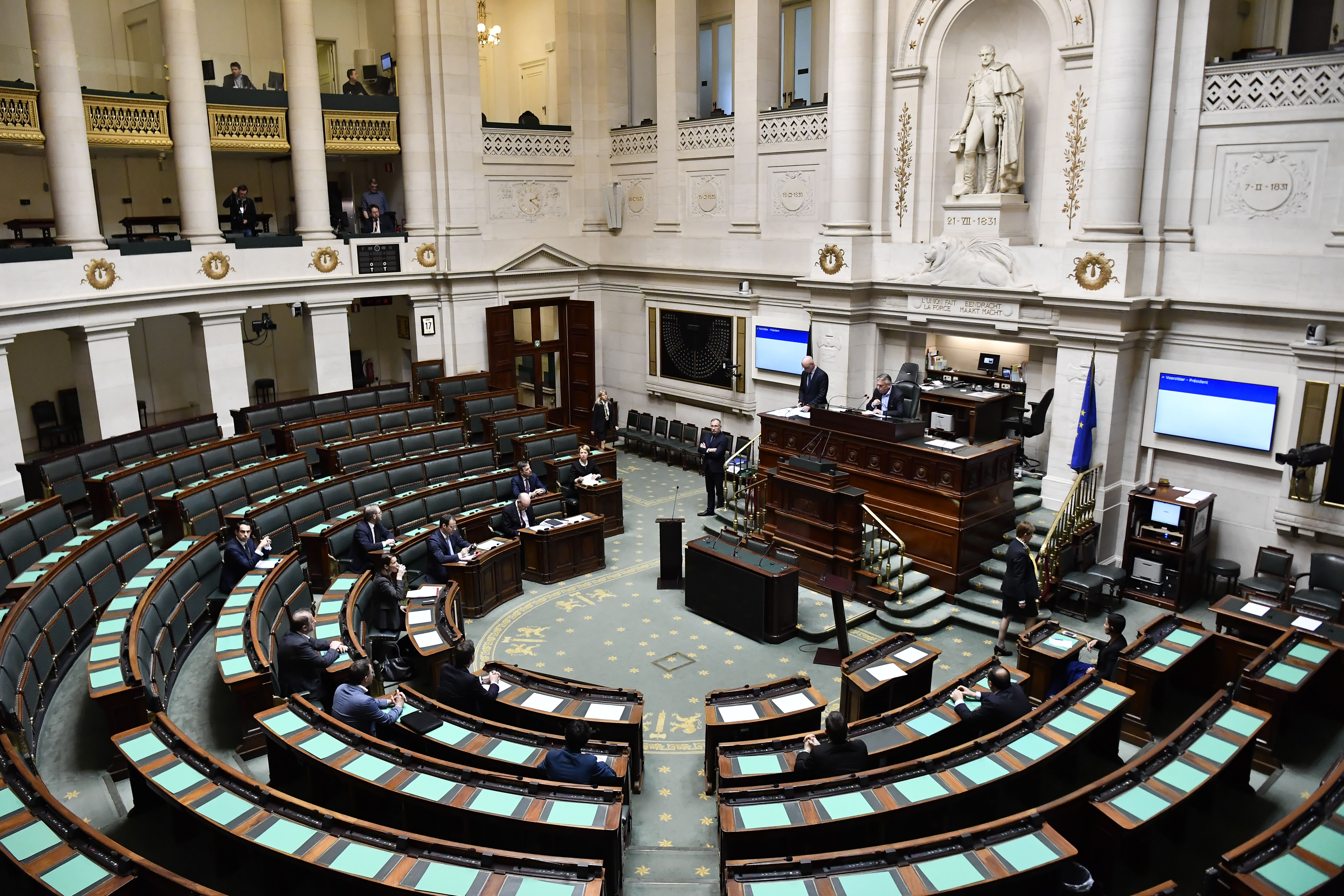Understanding Belgium’s government negotiations: The formal blessing

If negotiations stay on track, Belgium will have a new government very soon. The issues that could derail the talks have some specific Belgian characteristics. Belga English looks at some of those issues. Today, whose support is needed?
The negotiations between the five political parties close to forming the next federal government, under the leadership of Bart De Wever of N-VA, involve a very limited number of people: the five party leaders and just a couple of senior politicians or advisors. It’s crucial they reach a deal, but this is not enough.
Once a deal is reached on the programme of the next Belgian government, the five parties must accept it. The members of those parties come together in separate congresses, where the party leader defends the compromise.
Simple majority
The next step is the appointment of ministers: seven Flemish and seven francophone, as well as the prime minister, De Wever, and a couple of state secretaries or junior ministers. This new team can then ask for the confidence of the parliament. This is no more than a formal step: party discipline in Belgium is strong, so all MPs of the five parties will fall into line. With a simple majority, the parliament gives it confidence.
Next comes a step that is far from a formality. The government has to get approvals for its main project: reducing the budget deficit and sovereign debt, and reforming the economy and labour market.

The federal government needs the formal approval from the EU institutions. Is Belgium doing enough to remedy the big problems, according to EU rules? It remains to be seen how strictly those EU institutions will judge.
But there’s also a sort of informal approval needed: from the financial markets. With a sovereign debt well above 100 per cent of GDP, the financial markets want to be sure Belgium will be able to fulfil all its financial obligations. A "Greek scenario" isn’t on the cards for now, but a rising interest rate on the sovereign debt is a real danger.
© BELGA PHOTO DIRK WAEM
Related news
